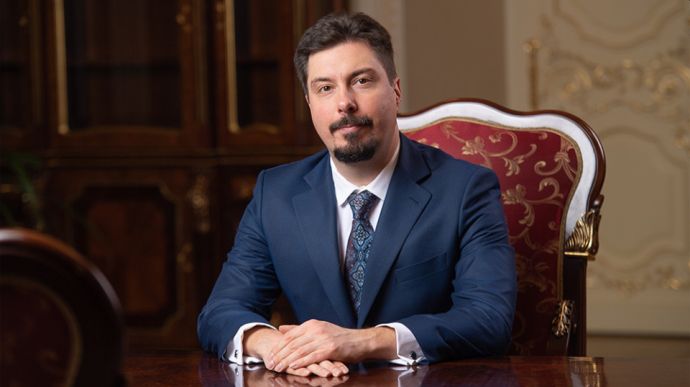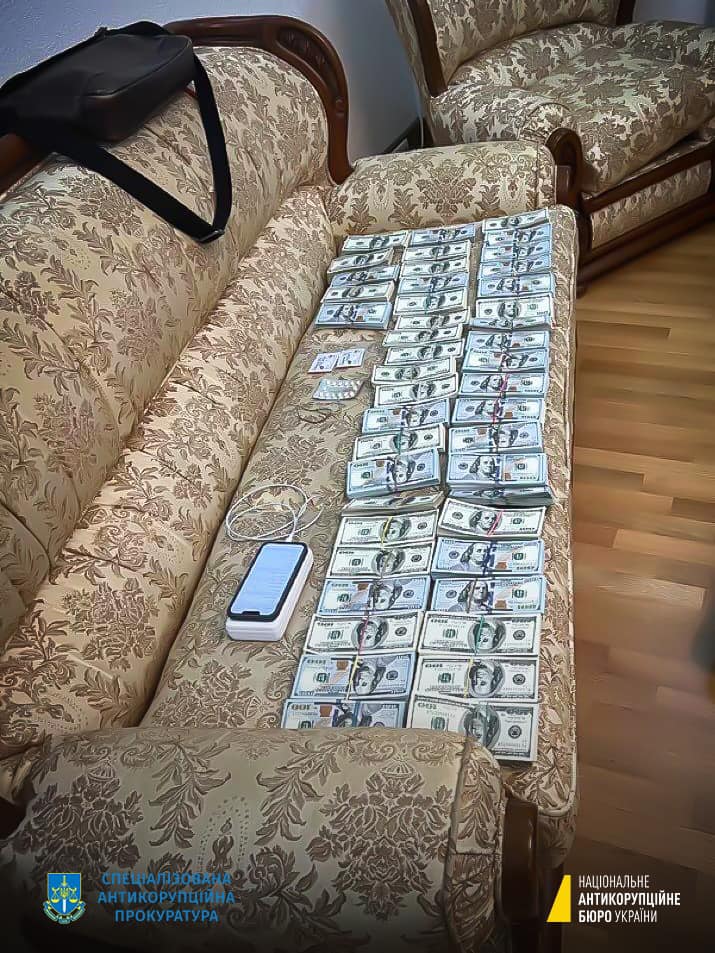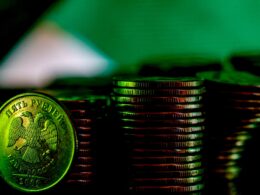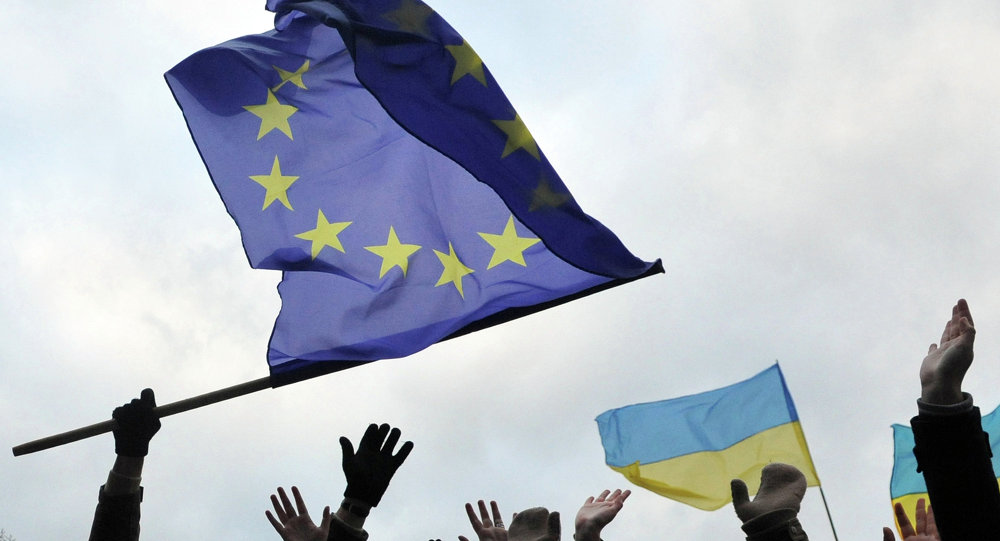The head of Ukraine's Supreme Court, Vsevolod Kniaziev, was detained on suspicion of bribery on 15 May, according to Ukrainian news outlets Ukrainska Pravda and ZN.ua. Anti-corruption agencies, including the National Anti-Corruption Bureau (NABU) and the Specialized Anti-Corruption Prosecutor's Office (SAP), apprehended Kniaziev for allegedly receiving a bribe of nearly $3 million.
"NABU confirmed the exposure of 'large-scale corruption in the Supreme Court,' specifically a scheme involving the receipt of illicit benefits by the leadership and judges of the Supreme Court," the agency stated.

ZN.UA's sources within NABU further disclosed that searches are being conducted involving an additional 18 judges of the Supreme Court of Ukraine. The same sources alleged that Kniaziev received money from individuals acting in the interest of oligarch Kostiantyn Zhevago.
At a briefing conducted on 16 May, the heads of NABU and the Special Anti-Corruption Prosecutor's Office (SAPO) stated
that Kniazev has been detained on suspicion of bribery, and another individual has also been taken into custody as investigations continue and suspicions are being formulated. Details about the suspicions against Kniazev have not been delivered yet.
Funds have been seized in the case. NABU director Semen Kryvonos stated that this is "the most resonant case in the history of NABU and SAPO's work and the biggest exposure in the judicial branch of power."\
Tycoon Zhevaho denies bribery allegations
According to the DEJURE Foundation, an NGO advocating for reforming Ukraine's judicial system, the case appears to relate to the legitimacy of the acquisition of a share package of the Poltava Mining and Processing Plant by the company Ferrexpo in 2002, co-owned by Kostiantyn Zhevaho.
Zhevaho, a Ukrainian tycoon currently abroad, refuted allegations of his involvement in bribing Ukrainian Supreme Court judges, his press service said. It also dismissed any link between this case and the Supreme Court's ruling on 19 April 2023, which overturned the invalidation of the 2002 agreement on the sale and purchase of 40.19% of shares in Ferrexpo's Poltava Mining and Processing Plant and their transfer to four companies - former shareholders of the enterprise.
Speaking about the ruling, Zhevago stated, "This is obviously an unfounded connection and clear rigging. The Grand Chamber of the Supreme Court made its April decision not in my personal interests, but in the interests of a large, public company with respected shareholders, which trades on the main platform of the London Stock Exchange. The Supreme Court announced a legally verified decision. The attempt of dubious offshore companies, related to the figures of the US and European sanctions lists, including Russian citizens, to carry out a raiding seizure of a large industrial asset was stopped. We, along with other shareholders, were convinced that it is still possible to seek protection of our legitimate rights in the highest court of Ukraine."

What was revealed during the briefing
DEJURE provided the main details revealed in the briefing:
- The investigation has been ongoing since the start of 2023. According to NABU and SAPO, a criminal group known as a "back-office" was created, involving judges and Supreme Court leaders. This "back-office" used a law firm to cover up its activities.
- The illicit benefit in the case was divided into two tranches.
- This criminal organization influenced not only the Supreme Court's decision in the mentioned case but also most of Ukraine's courts. "The criminal organization didn't just influence the Supreme Court, but a majority of Ukraine's courts," NABU and SAP confirmed, adding that they are checking information about the group's influence on other cases.
- The preliminary qualification of the actions of the suspects falls under parts 4 of articles 368 (acceptance of an offer, promise, or receipt of an illicit benefit by an official) and 369 (offering, promising, or providing illicit benefit to an official) of the Criminal Code.
- Members of the criminal group also attempted to influence the contest to the High Council of Justice.
Supreme Court judges "shocked," prepare vote of no confidence
Ukrainian Supreme Court judges have released a statement concerning the corruption scandal surrounding Chief Justice Vsevolod Knyaziev, hinting at an upcoming vote of no confidence, according to session secretary Dmytro Luspenchuk, Ukrinform reported.
The judges described the situation as a "black day in the court's history," and will initiate a vote for a motion of no confidence in the Chief Justice of the Supreme Court, and expressed support for the investigation.
"Being aware of its role in the justice system, the Supreme Court assumes responsibility for the events that occur in connection with the alleged corrupt actions of individual members of the Court. The SC judges are shocked by these events. The Supreme Court emphasizes that a full, objective investigation of all circumstances will help to establish the truth and restore justice as soon as possible. There must be a fair punishment for any corruption crime," the plenum's statement emphasizes.
The statement was supported by 142 votes, with no opposition. If the Supreme Court declares a vote of no confidence in Knyaziev, he will lose his position as the Chief Justice but will retain his judgeship.
Kniaziev, who turns 44 on 25 May, has been the head of the Supreme Court since 1 December 2021, elected after a judicial reform introduced by President Petro Poroshenko which changed the procedure for appointing judges to the Supreme Court. His is the highest court in the system of courts of general jurisdiction in Ukraine.
The Supreme Court has been involved in several scandals that have undermined its credibility and independence. In 2019, it was revealed that some judges of the Supreme Court had received land plots from a former minister of ousted President Viktor Yanukovych. In 2020, it was reported that some judges of the Supreme Court had ruled to return Yanukovych's confiscated assets to his associates. In 2021, it was alleged that some judges of the Supreme Court had taken bribes to rule in favor of pro-Russian politicians.





